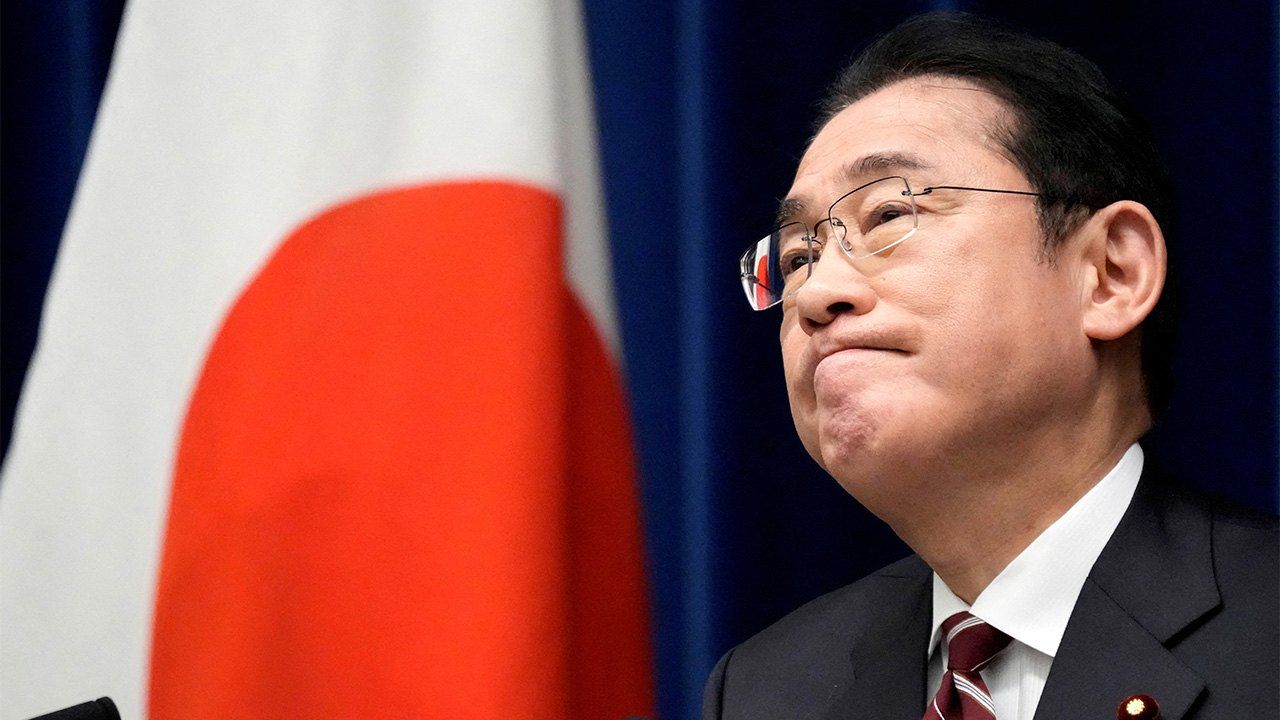
Politics and Punishment: LDP Options in the Slush Fund Scandal
Politics- English
- 日本語
- 简体字
- 繁體字
- Français
- Español
- العربية
- Русский
Japan’s ruling Liberal Democratic Party has been mired in a scandal relating to kickbacks received by members following misreporting of donations. The party is finally moving to punish members found to have contravened the rules, and is now considering what level of punishment to mete out to the responsible politicians.
The LDP Constitution states that members “shall be disciplined pursuant to the provisions of the Party Discipline Rules” when they are found to have engaged in punishable acts. There are eight levels of disciplinary actions that can be applied as determined by the Party Ethics Committee, as follows.
- Forced expulsion from party
- Order to leave party
- Suspension of party privileges
- Suspension of party backing in elections
- Order to leave legislative and administrative positions
- Suspension of party positions
- Formal warning
- Admonition for noncompliance with party rules
The most severe punishment is mandatory expulsion from the party. Following this, the punishments trail down from orders to voluntarily leave the party through the last on the list, admonition for failure to comply with party regulations. Suspension of party privileges, third on the list, prevents the punished politician from taking part in any LDP congresses or other meetings for a fixed period of time, while the fourth punishment on the list, suspension of electoral backing, means that the politician will not be named the LDP’s official candidate or receive any party aid in election activities—meaning also that the person cannot stand for election for a proportional representation seat, which requires party affiliation.
When Prime Minister Koizumi Jun’ichirō moved to privatize Japan’s postal system in 2005, strong opposition within the party produced some 60 “postal rebels” who were punished by the party to varying degrees. In particular, Watanuki Tamisuke (a former speaker of the House of Representatives) and Kamei Shizuka (a former chair of the LDP Policy Research Council) were forcibly expelled, the most severe punishment, for their formation of a new political party, while Hiranuma Takeo (a former minister of international trade and industry) was ordered to leave the party, the second most severe level.
More recently, during the pandemic, three members of the House of Representatives, including former National Public Safety Commission Chair Matsumoto Jun, were also subjected to the second most serious punishment, leaving the LDP after being ordered to do so for frequenting high-end clubs in Tokyo’s Ginza district while a formal declaration of emergency was in effect in 2021.
Also in 2021, Yamasaki Taku (a former LDP deputy president) saw his party privileges suspended, a level 3 punishment, after giving a campaign speech for Tsujimoto Kiyomi of the opposition Constitutional Democratic Party of Japan.
Lower levels of punishment have also been meted out. In 2011, Kōno Tarō and others saw their party positions suspended for one year (level 6) after voting in favor of the Kan Naoto administration’s extension of the Diet session. In 2022 Murakami Seiichirō received the same punishment after calling the late Prime Minister Abe Shinzō a “traitor.”
(Originally published in Japanese. Banner photo: Prime Minister Kishida Fumio, pictured at a March 28, 2024, press conference. As president of the LDP he is responsible for determining punishments for members of his party. © Reuters; pool photo.)
